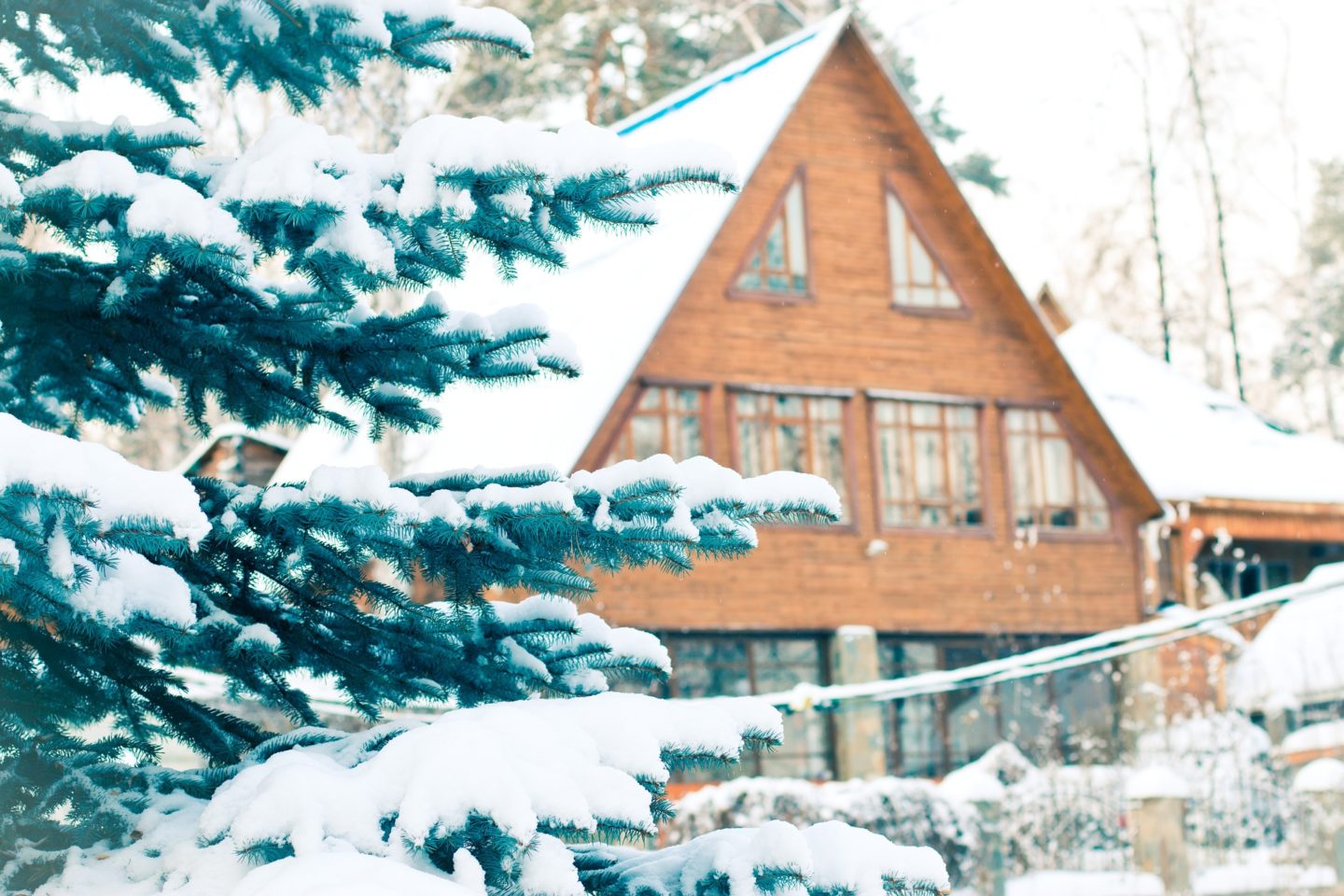Winter Tips for Homeowners

Protect Property from Weather-Related Damage
This article was previously published in the Insurance Advocate® and is provided courtesy of MSO®, Inc. (The Mutual Service Office, Inc.) for non-commercial use only. For any other licensing requests or permissions, please contact squimby@msonet.com. © MSO®, Inc. 2020.
MSO provides advisory services for all property and casualty lines except workers compensation. This includes customized forms and manuals for insurers, MGA’s and agents/brokers. Additional information is available at www.msonet.com.
Don’t Find Yourself in Deep Water – Protect your Property and SHUT OFF the MAIN WATER SUPPLY before you leave!
A home is a major investment and every precaution should be taken to protect it. Cold weather brings its own set of hazards. You can take measures to guard against winter losses. According to the Insurance Information Institute, losses from winter storms exceed $1 billion per year nationwide. In 2007, winter damage and freezing losses represented over 22% of all homeowners insurance claims, with the average claim being over $5,000.
- If you are going to be away from your home for more than a few days, shut off your main water connection to avoid the risk of pipes freezing and breaking which may cause severe water damage and mold issues.
- If you are going to be away from your home for more than a few days, maintain your heat at least at 65 degrees.
- Replace screens with storm windows.
- Cleaning out gutters of leaves and debris, helps prevent water from backing up and freezing in the gutters and downspouts. This unnecessary weight on the gutters can cause them to bend or dislodge.
- Properly insulating your attic can help combat against ice damming. Ice damming occurs when snow melts and refreezes in the roof overhang. This produces a “dam” which can back up under the shingles and leak into the house.
- Trim branches that are to close to power wires. This will reduce the likelihood of a power outage.
- Insulate exterior plumbing and faucets, or turn them off and drain them to prevent freezing and potential water damage claims.
- Pipes in unheated garages, attics and crawl spaces should be insulated.
- Inspect chimneys annually to prevent fires due to blockages.
- Store fireplace and woodstove ash in a covered, fireproof container until completely cooled.
- Keep fireplace screens in place to reduce the chance of sparks igniting rugs, wood floors or furniture.
- Never leave lit candles unattended.
- Avoid space heaters whenever possible. If one is necessary, then it is advisable to use an electric space heater with an automatic tip over shutoff. Never use space heaters near flammable items.
- In the kitchen, stovetops, hoods, fans and filters should be cleaned regularly of cooking grease to help prevent a fire.
- Keep a bag of ice melt handy to clear sidewalks and driveways of ice and reduce the risk of injuries to guests and loved ones.